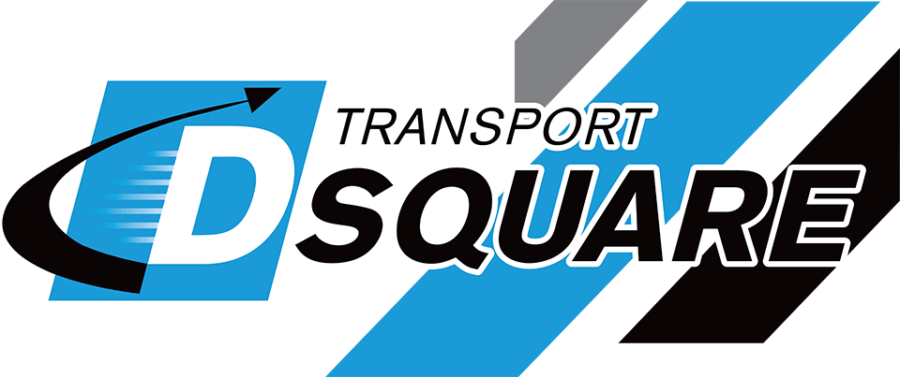Title Page
-
Site conducted
-
Conducted on (Date and Time)
-
Dsquare Logistics Inc. 4505 Rue Hickmore, Saint-Laurent, QC H4T 1K4
-
Name of Evaluator
HACCP TEAM
-
Has a HACCP Coordinator been appointed?
-
Has a HACCP Team been selected?
-
What are the skills and experience of the team and are they appropriate?
-
Are external resources being used to augment knowledge of skills?
-
• Kindly give details
-
Has a product description/product specification been prepared for each product?
-
• Composition
-
• Packaging (inner/outer)
-
• Method of preservation
-
• Distribution conditions
-
Has the intended use been specified?
-
• Consumers (general, specific)
-
• Sensitive populations (aged, children, sick, allergenic)
-
Has a flow diagram been prepared for each product?
-
Is the flow diagram complete?
-
• Are all unit operations included?
-
• Are all major inputs identified?
-
Has the flow diagram been verified?
-
• Flow diagram verification date
PRINCIPLE 1 - HAZARD ANALYSIS
-
Have all reasonable biological, chemical or physical hazards been identified at each step?
-
Have the hazards been assessed for significance?
-
Have control measures been developed and implemented for the control of those hazards?
PRINCIPLE 2 - CRITICAL CONTROL POINTS
-
Have the Critical Control Points for each significant hazard been identified and transferred to the Hazard Audit Table?
-
Are they essential for the control of the nominated hazard?
-
Have work instructions been completed for each Critical Control Point?
PRINCIPLE 3 - CRITICAL LIMITS
-
Have critical limits been established for each preventative measure?
-
Is the relationship between the hazard and the critical limit correct?
-
How were the limits determined? (experimental evidence, published results)
PRINCIPLE 4 - MONITORING PROCEDURES
-
Do the monitoring procedures specify what. when, how, where and who?
-
Is the frequency of monitoring sufficient to provide a high level of assurance that the process is under control?
-
Are monitoring records kept and reviewed by the appropriate personnel?
-
Have examples of monitoring forms been provided in the manual?
PRINCIPLE 5 - CORRECTIVE ACTION
-
Have corrective actions been developed for each critical control point?
-
Do the corrective actions ensure that the CCP is brought under control?
-
Do the corrective actions cover product, process and prevention of recurrence?
PRINCIPLE 6 - VERIFICATION PROCEDURES
-
Have verification procedures been put in place to demonstrate that the HACCP program is effective?
-
Have the critical limits been validated?
-
Do the verification activities demonstrate that the CCPs are under control?
-
Do verification activities demonstrate that the HACCP program is effective?
PRINCIPLE 7 - RECORD KEEPING
-
Have records been maintained for all monitoring procedures?
-
Have all critical limits been adhered to?
-
Have records been maintained for all corrective actions?
-
Have records been maintained of all HACCP verification activities?
DOCUMENTATION
-
Is there a Quality Manual?
-
Is there a Quality Policy?
-
Are procedures, work instruction forms and specifications identified?
-
Are all referenced documents controlled?
CLEANING PROCEDURES
-
Have cleaning procedures been developed?
-
Have verification procedures for effective cleaning been developed and implemented?
-
Is corrective action documented?
PEST CONTROL
-
Have pest control procedures been developed and documented?
-
Is there a verification procedure for effective pest control?
-
Does the procedure Include corrective action?
TRAINING
-
Are there records of training?
-
Are training needs reviewed on a regular basis?
-
Is there a training plan to provide identified training needs?
COMPLETION
-
Full Name and Signature of the Inspector














